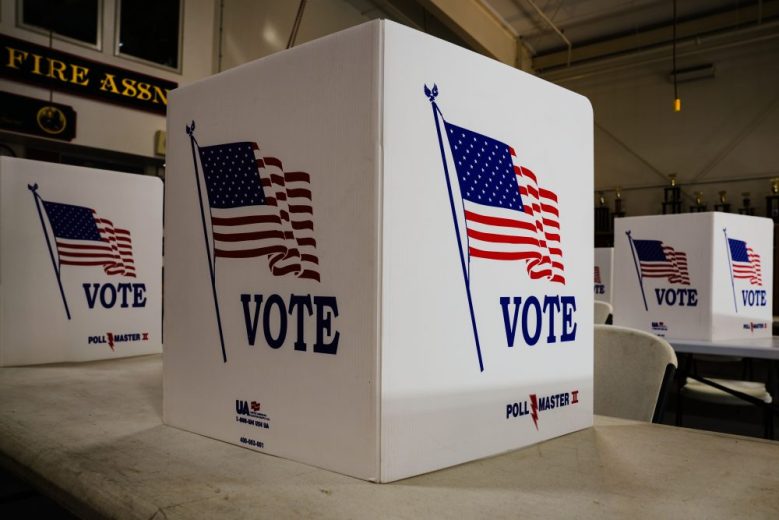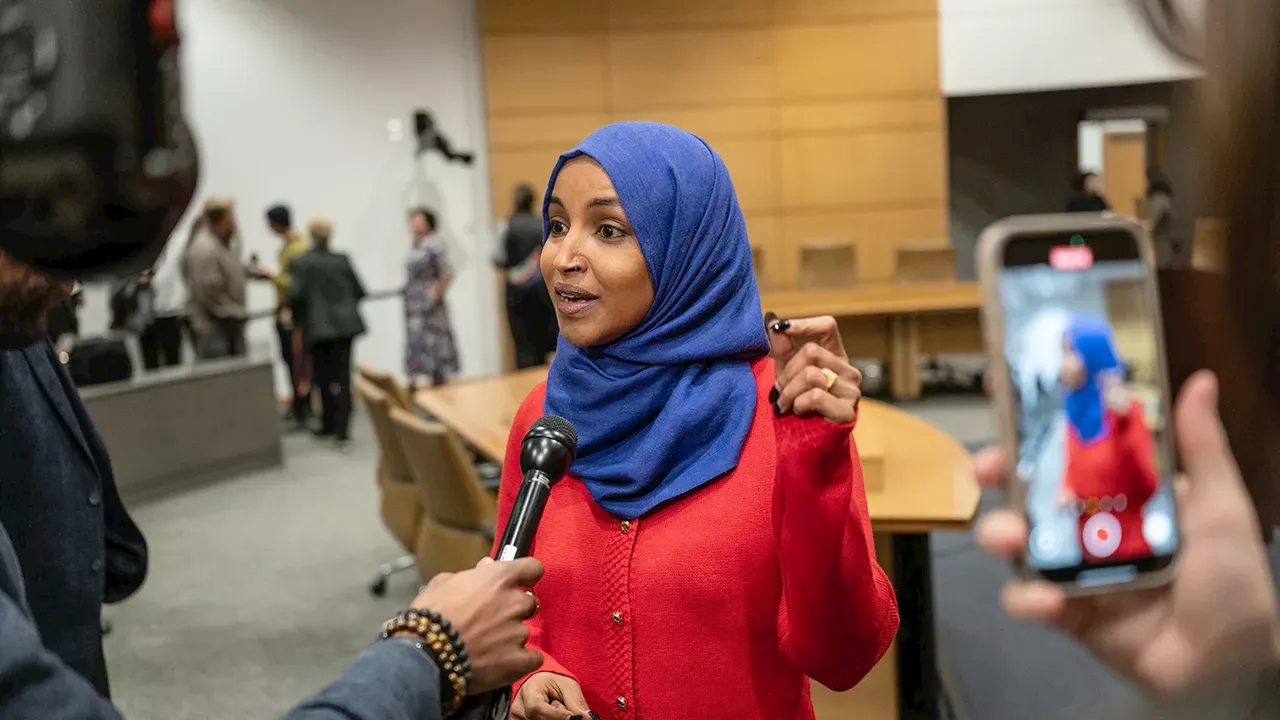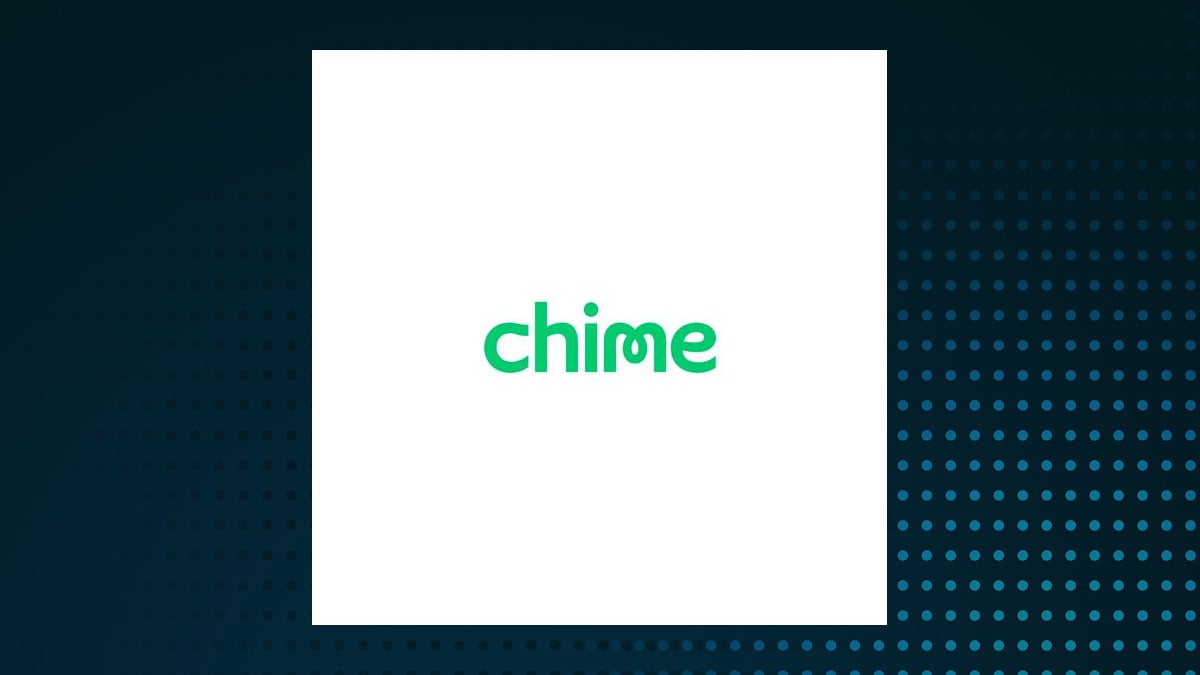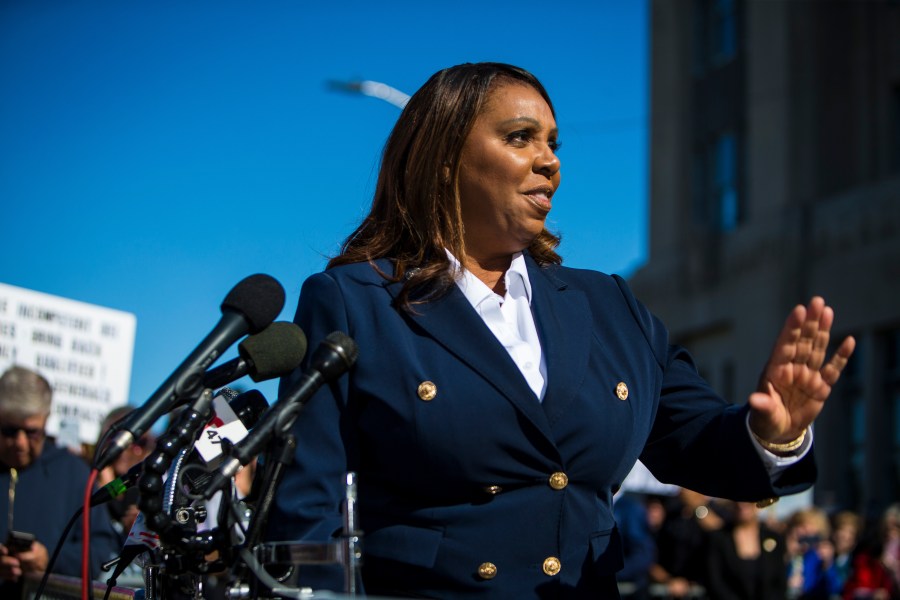A proposed ballot measure in Maine could significantly restrict access for Indigenous voters, according to advocates from the Wabanaki tribes. The measure, referred to as Question 1, would disallow the use of tribal identification when casting votes, which advocates argue creates a significant barrier for many Indigenous individuals seeking to participate in the electoral process.
The implications of this measure have raised alarms among various organizations and tribal leaders. Wabanaki advocates contend that the inability to use tribal IDs undermines the legal recognition of Indigenous identity and could disenfranchise a substantial portion of the voting population. This concern was echoed by Maine’s Secretary of State, who noted that the proposal leads to “incongruency” within existing voting laws.
Potential Consequences of Question 1
If passed, Question 1 would require voters to present forms of identification that comply with state laws, which may not include tribal IDs that are recognized by the tribes themselves. This requirement could disproportionately affect Indigenous voters, who may rely on their tribal identification for various legal and civic engagements.
Advocates point out that in Maine, the Indigenous population is relatively small, but its impact on local elections can be significant. According to the U.S. Census Bureau, approximately 1.5% of Maine’s population identifies as Native American. The potential disenfranchisement of even a small fraction of this community could sway election outcomes, leading to broader implications for state policies on Indigenous rights.
Moreover, the issue of voter identification laws continues to be a contentious topic across the United States. Critics argue that such measures often target minority groups under the guise of preventing fraud, despite evidence suggesting that voter impersonation is exceedingly rare.
Advocacy and Next Steps
In light of these developments, several advocacy groups are mobilizing to raise awareness about the potential impact of Question 1. The Maine Wabanaki State Tribal Coalition is among those leading the charge, stressing the importance of maintaining equitable access to voting for all citizens, regardless of their background.
As the election date approaches on November 8, 2023, it is crucial for voters to understand the implications of this measure. Advocates are urging community members to engage in dialogue and to communicate their concerns to local representatives.
The conversation surrounding Question 1 highlights a broader issue of representation and inclusivity within the electoral system. As Maine navigates this complex landscape, the voices of Indigenous voters will be pivotal in shaping the future of voting rights in the state.
The outcome of this measure not only has the potential to affect local elections but also serves as a reflection of the ongoing struggle for Indigenous rights across the nation.







